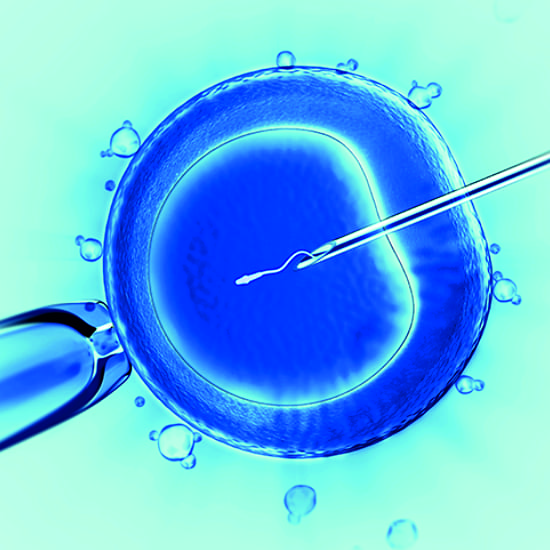
ICSI
Intracytoplasmic Sperm Injection (ICSI) is one of the fertility treatments that helps couples to get pregnant. A single sperm was directly injected into the egg in a laboratory creation of an embryo, allowing for fertilization. It was also a type of in vitro fertilization (IVF). It was used at a time when male fertility was an issue or there was a low sperm count or poor sperm count. ICSI has a high rate of success in helping individuals and couples to have a baby. It was an advanced treatment from IVF (in vitro fertilization) mainly used for Male Infertility.
Process of injecting an embryo into a uterus through a thin tube. After collecting the sperm, it was directly injected into the egg by the lab experts. It was stored in an incubator to become a healthy one, and after that, the embryo was transferred to the woman's uterus through a thin tube. If both the couples are infertile, ICSI is the only way to get a baby through our Dr. Aravind's IVF, which is also known as the Best Fertility Center.
1. What is ICSI?
ICSI is a fertility treatment where a single sperm is injected directly into an egg to help it fertilize.
2. Who needs ICSI?
ICSI is often used when there are male fertility issues, like low sperm count or poor sperm movement, or if previous IVF attempts did not work.
3. How is ICSI different from IVF?
In IVF, sperm and eggs are mixed together for fertilization. In this treatment, sperm is inserted directly into the egg during ICSI.
4. How long does the ICSI process take?
It usually takes four to six weeks to complete the ICSI process, from ovarian stimulation to embryo transfer.
6. What are the success rates of ICSI?
Success rates vary based on factors like age and fertility issues, but many couples have a good chance of pregnancy with ICSI.
7. Can ICSI be done with frozen sperm?
Yes, frozen sperm can be used for ICSI and preserved for later use.